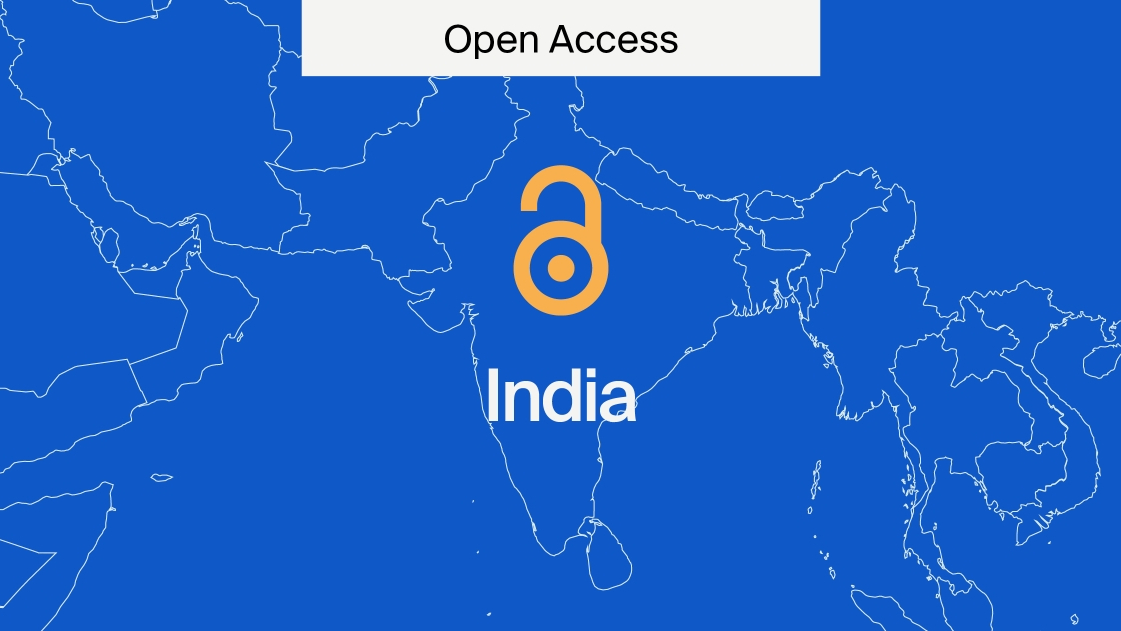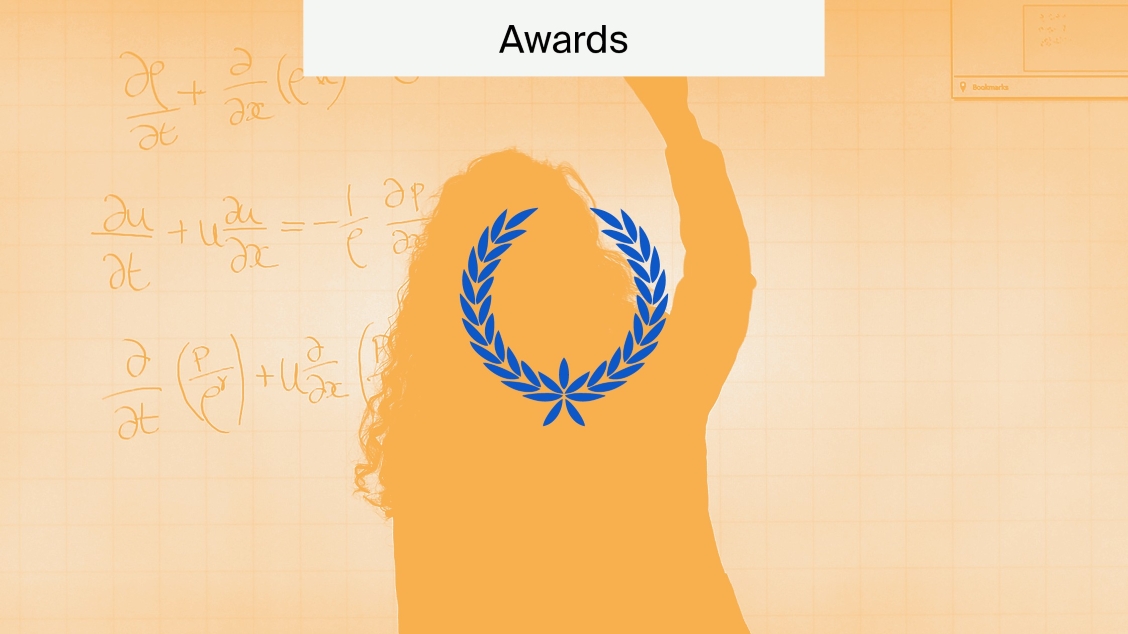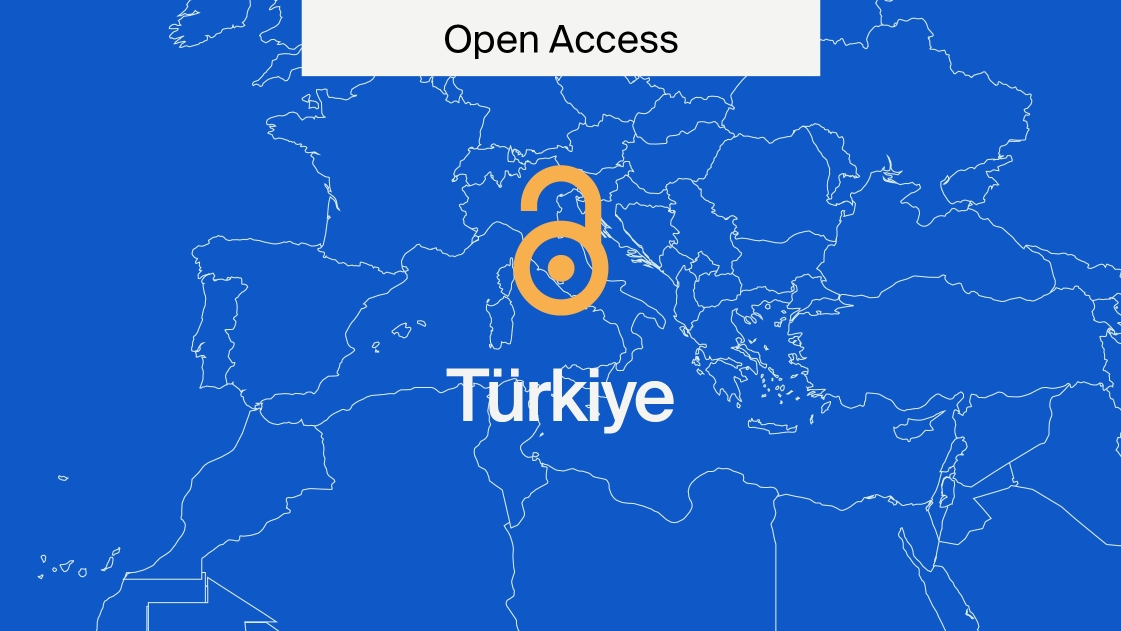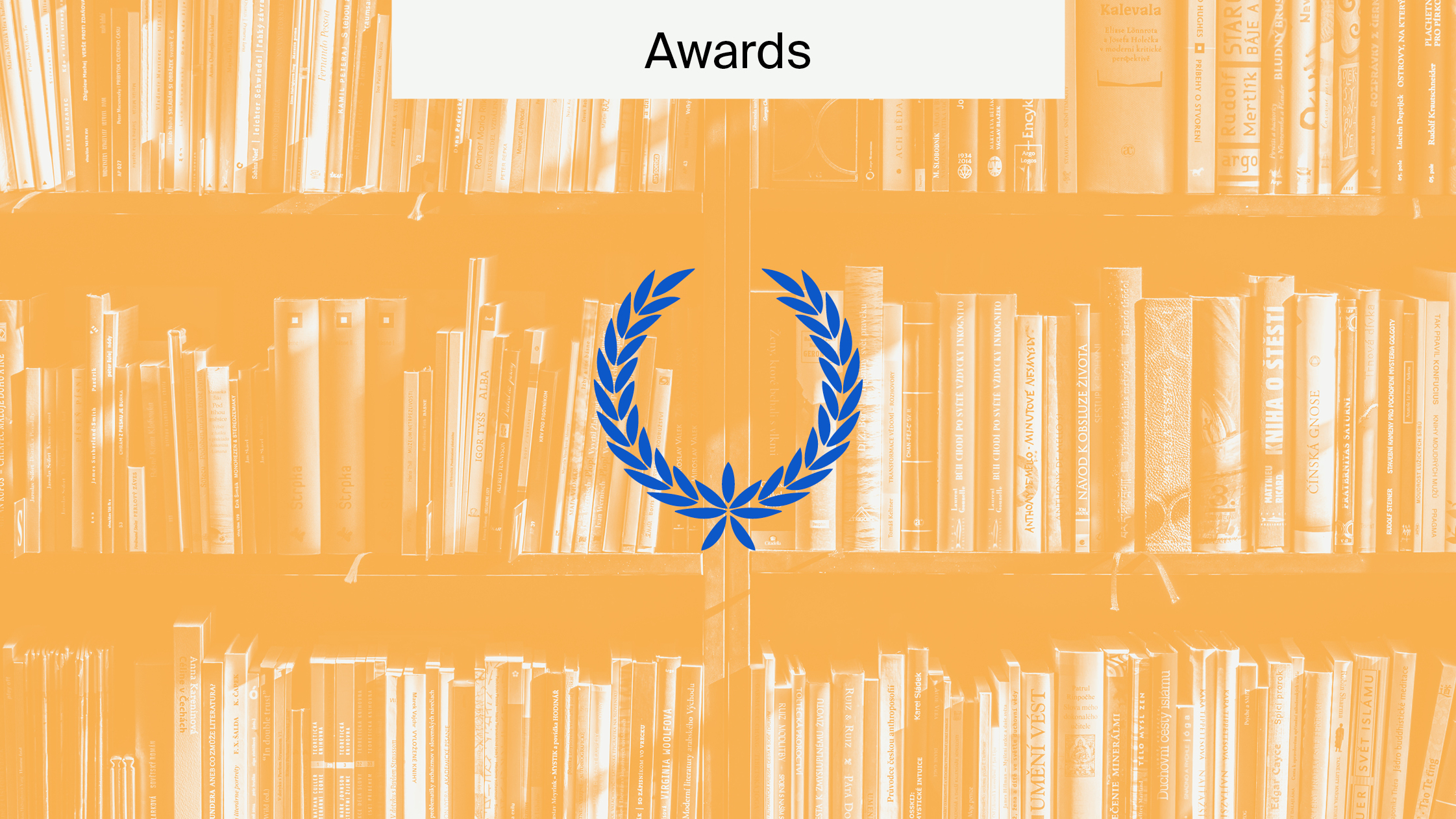
How to Become a Peer Reviewer
Scholars see reviewing as an essential part of their job. They know that the effort they put in is reciprocated by others when they submit their own work to journals. Many also want to have advanced access to the latest work in their field, or as an activity that can be used to strengthen their resume. Here, we give a few tips about how to become a peer reviewer, how to be a good reviewer, and what the benefits are.
Can I sign up as a reviewer?
MDPI journals are actively looking for volunteers to review manuscripts.
If you are interested in reviewing for an MDPI journal, you can create an account in the submission system and then sign up. You can then choose the journals you think are most appropriate to your expertise. Our editors will check your qualifications and let you know if you are accepted. They will contact you after receiving a paper that fits your expertise.
Make sure you provide enough evidence that you are proficient in your field, such as a website, CV or list of publications.
Even without being invited, there are many way to practice your reviewing skills. Sites like Publons and Pubpeer allow you to submit a publicly available review for any paper.
What do I need to know about writing a peer-review report?
MDPI has a page dedicated to advice for reviewers, which also includes links to further resources online. The format, expectations, and time taken to write a review can depend on the research field. You can also ask more experienced colleagues for advice.
Here are some tips on how to write a high-quality peer review report for MDPI:
- MDPI peer review reports should follow the same structure, which depends on what type of manuscript you are reviewing (article, review, etc.).
- When evaluating the quality of a manuscript, you should discuss several aspects. These include novelty, scope, significance, quality, scientific soundness, interest to readers, overall merit, and English level.
- We take publication ethics seriously, so reviewers should report any scientific misconduct, fraud, plagiarism, and any other behaviour that may be unethical.
- A final recommendation should be provided regarding how, or if, the article should proceed to the next processing stage.
If you want delve into more tips and tricks on how to become a peer reviewer, see our article 4 Steps to the Perfect Peer Review Report.
What benefits can I get from reviewing?
We want to recognise the efforts of reviewers as much as we can. The problem is that it is often a confidential process. Our journals have several ways of saying thank you:
- Many of our journals are enrolled with Publons, which provides credit for reviewers. You can even upload reviews from journals that don’t directly cooperate with Publons to receive more credit.
- You can download a letter confirming your contributions from your reviewer profile in our submission system, Susy.
- Reviewers receive a discount on the article processing charge of their next submitted article.
- Once a year, a list of reviewers is published in the journal.
- Many journal offer prizes for outstanding reviewers.
These benefits are in addition to knowing that you have contributed to maintaining the quality of published papers in your field and having access to research before publication.
Understanding how to become a peer reviewer
We want to make becoming a peer reviewer as easy and as beneficial as possible. If you want to learn more about our general guidelines for reviewers, we have plenty of information that may help you.
If you have any more questions about peer review for any MDPI journal, you can write to the editorial office.
The original version of this article was written by Martyn Rittman in 2016. It has been updated for content and tone.











Thanks for your kind information, although- I’m reviewing for MDPI since 2024. It is very interesting to review scientific research articles while getting too much new information every day.
My research main domain is Insect chemical ecology, gut microbes, toxicology, and biodiversity.
Dr Saleem Jaffar
Hi,
Thanks for taking the time to read our article and leaving this comment.
All the best.
The ‘volunteer reviewer’ section is not showing suddenly. I am not able to apply for review. Why?
Hi,
Please contact MDPI via this page and explain your issue in as much detail as possible: https://www.mdpi.com/about/contact
All the best.
hi , i want to be reviwer
Hi,
Please visit this link for information on how to become a reviewer: https://www.mdpi.com/reviewers
All the best.
Dear MDPI,
I am writing to express my interest in becoming a reviewer for your prestigious journals. I have completed my Master’s degree in Tongji University Cardiovascular medicine and am currently pursuing a Ph.D. in the same field. Now, I am a visting phD student in Harvard Medical School. My work has bridged basic research with clinical applications, as evidenced by my studies on the impact of innate immune proteins on myocardial infarction and Coronary Disease.
During my academic and research journey, I have built a solid foundation in tackling the challenges related to water resources. I am deeply passionate about advancing knowledge in this field and believe that serving as a reviewer for your prestigious journals would be an outstanding opportunity to contribute. I am confident that my expertise and commitment will allow me to offer valuable insights and constructive feedback to authors.
Thank you for considering my application. I look forward to the possibility of contributing to your journals.
Hi,
Thanks for expressing your interest in becoming a reviewer. Please visit this page to find guidelines on how to become a reviewer for MDPI: https://www.mdpi.com/reviewers
All the best.
Dear MDPI,
I am writing to express my interest in becoming a reviewer for your prestigious journals. I have completed my Master’s degree in Water Resources Engineering and am currently pursuing a Ph.D. in the same field. My research focuses on critical issues such as water scarcity, water distribution systems, and various analytical studies related to water resources engineering.
Throughout my academic and research journey, I have developed a strong foundation in understanding and addressing the challenges associated with water resources. I am passionate about contributing to the advancement of knowledge in this area and believe that serving as a reviewer for your esteemed journals would be an excellent opportunity to do so. I am confident that my expertise and dedication will enable me to provide valuable insights and constructive feedback to authors.
Thank you for considering my application. I look forward to the possibility of contributing to your journals.
Hi,
Thanks for sending this over. Please have a look at our list of journals here: https://www.mdpi.com/about/journals; then you can see which journal/journals you are interested in applying to. See subheading 6 on this page: https://www.mdpi.com/reviewers#_bookmark7; for more information on applying to be a reviewer.
Hope this answers your question,
Jack
Hello,
I have applied to be a reviewer for a few journals about 3-4 months back. However, the status of the application still shows “your application is pending decision”. Does it usually take this long? Whom should I contact to get an update on the status? I have selected journals “Catalysts, Chemistry, Materials”. How could I contact them?
Thank you!
Junqi Chen
Hi,
Decisions for applications can vary in length depending on various factors like public holidays or a high influx of applications. Your application will be being processed in as timely manner as possible.
If you remain concerned, you can submit a query via this link: https://www.mdpi.com/about/contactform
I hope this helps answer your question.
Dear MDPI,
I am working as a Assistant Professor at the University of PMAS-Arid Agriculture University Rawalpindi, and I am interested to join as a Reviewer in your esteemed journal.
My areas of interest are as follows,
Horticulture
Pomology
pre and Post harvest technology
Olericulture
Floriculture
Green house crop cultivation/ Protected Horticulture
Thanks.
Hi Dr Mehwish Liaquat,
Thank you for your comment and for your interest in becoming a peer reviewer!
I believe from your areas of expertise you would be most suited to apply to be a reviewer for Horticulturae, Plants, Agriculture, Agronomy, AgriEngineering and International Journal of Environmental Research and Public Health (IJERPH).
You can find further advice for applying to become a peer reviewer in our article Inviting Great Peer Reviewers
Hello,
I have applied to be a reviewer for a few journals about 3-4 months back. However, the status of the application still shows “your application is pending decision”. Does it usually take this long? Whom should I contact to get an update on the status?
Thank you!
Harshal Jawale
Hello Harshal,
You would need to contact the journal that you are submitting to be a reviewer for. Hope this helps.
Dear MDPI,
I wish to become a reviewer in your prestigious journals. My research area includes Applied Microbiology, Agricultural Science, Biotechnology, Biofertilizers.
Thank you!
Hi, I have been volunteer reviewer since 2022. However, after changing the reviewer email, I cannot find the button to see manuscripts from all journals and apply for being a reviewer. There used to be three buttons in the reviewer menu in my account page, but I can only find “Reviews” and “Volunteer Preferences” buttons now. Could you please help me check my volunteer reviewer status and solve this issue then I can review manuscripts again? Your help will be greatly appreciated!
Hello Jiachen,
Unfortunately we are not able to assist you with this as we do not have access to the system. You will need to contact the journal you are interested in reviewing for and they can further assist you with this. Hope this helps.
Dear Editor
good greeting
I would like to join of your scientific journals as a reviewer..
thank you very much
Hi Alaa,
Thank you for your interest. Good luck!
Hello, I am trying to be volunteer reviewer and am not able to get my account activated for several months. I am not able to get my account activated. I have checked my junk/spam folder and I didn’t receive any activation email. I would appreciate any help in this issue.
Hello Shreya,
We encourage you to reach out to the journal you would like to be a reviewer for. Unfortunately we are not involved in that process and are unable to assist you further with this.
Dear Editors.,
Thank you for giving me opportunity to review this and several other manuscripts. Moreover. i was acting as recruiting reviewers for various mdpi journals however for last couple of weeks the recruiting reviewer option has been removed from my mdpi account dashboard. I request you kindly to reactive my recruiting reviewer option in your system.
Kind regards.,
Mohamed Mohany
Hello Mohamed,
I would encourage you to reach out to the editorial office of the respective journals for more information. Unfortunately, we cannot assist you with this matter as we are not part of those departments and do not have access to the system.
Dear MDPI,
I noticed that from two weeks in my dashboard there is no recruiting reviewer option, why? is it possible to restore it?
Thank you
Hi Enrico, thanks for your comment. I’m not sure why this would be the case for you. You should contact your editorial office to see if they can provide you with any more information about this change.
Dear MDPI,
I wish to become a reviewer in your prestigious journals. My research area includes Applied Statistics, Group Acceptance Sampling Plan, Bio Statistics, Educational Curriculum.
Thank you!
Hello Muhammad,
The instructions to follow to become a reviewer are noted in the article. Thanks for your interest.
Hi!
Could you please help me to figure out how to create a list of manuscripts i have reviewed for mdpi?
Hi Sergei, you should be able to access your reviewer record through SuSy, our submission system. If you don’t want to set up an account there, any of the journal editorial offices should be able to provide the information.
Dear MDPI,
I am trying to become a reviewer again because I no longer have access to Recruiting Reviewer page to apply to review a manuscript. Your website says I cannot apply AGAIN before 2nd June 2023, but I do not understand why, because I never applied before. My research areas include heavy metal pollution impacts, One Health, wild species zoonosis, and wildlife medicine.
Hi Catarina,
Thank-you for you comment and interest in becoming a peer reviewer!
Sorry to hear you’ve been having issues with this process, I would advise you to get in touch with the editorial team of your prefered journal. I have suggested a few below based on your preferences.
I believe from your areas of expertice you would be most suited to apply to be a reviewer at Animals, International Journal of Environmental Research and Public Health and Pathogens.
You can find further advice for applying to become a peer reviewer in our article Inviting Great Peer Reviewers
I am working as a postdoc at the University of Wisconsin Madison, and I am interested to join as a Reviewer in your esteemed journal.
My research area is analytical chemistry, Mass spec, proteomics, MALDI-Imaging, glycomics, and PTM.
Thanks.
Hi Min Ma,
Thank you for your comment and for your interest in becoming a peer reviewer!
I believe from your areas of expertise you would be most suited to apply to be a reviewer for Molecules, Proteomes, Cells, and International Journal of Molecular Sciences.
You can find further advice for applying to become a peer reviewer in our article Inviting Great Peer Reviewers
Dear MDPI,
I wish to become a reviewer in your prestigious journals. My research area includes biomineralization, biomimicry, crystal growth and photocatalyst.
Thank you!
Hi Dr Wang,
Thank you for your comment and for your interest in becoming a peer reviewer!
I believe from your areas of expertise you would be most suited to apply to be a reviewer for Crystals, Biomimetics and Materials.
You can find further advice for applying to become a peer reviewer in our article Inviting Great Peer Reviewers
Hi Katherine,
I am a Ph.D. student at North Carolina State University currently working in the area of 3D printable biocomposites. My area of expertise are:
Melt extrusion, Fused deposition modeling, and Biocomposites
Can you please highlight which of your journal/s can I apply to become a reviewer?
Hi Muneeb,
Thank you for your comment and for your interest in becoming a peer reviewer!
Peer reviewers must hold a relevant PhD in their areas of expertise. Once qualified from your area of expertise you would be most suited for Polymers, Pharmaceutics, Composites Science, and Materials.
You can find further advice for applying to become a peer reviewer in our article Inviting Great Peer Reviewers.
Hi, Katherine
Do we still have option to export peer review record to Publons? When I finished the peer review, I didn’t get the link for Publons. Could you help me take a look. Thanks~
Hi Dr. Zhang,
Thank you for your comment. Publons has now integrated into the Web of Science network.
I can’t confirm if they have the same benefits, however, Web of Science does provide a Reviewer Recognition Service
I hope this has been helpful!
Dear MDPI,
I am working as a post doctoral associate in University of Pittsburgh. My field is cardiovascular biology, immunology, metabolism, leukemia, cell death and differentiation. From my Ph.D and post doc I have publish 8 research papers that includes 3 first author papers in reputed journals having impact factor above 5. Recently, I am awarded a post doc fellowship for 2 years by American Heart Association (AHA) to work on the impact of senescent cells in heart failure. I want to be a reviewer in your prestigious journals.
Thank you,
Samreen Sadaf
Hi Samreen, thanks for your comment and interest!
We have plenty of journals in your field. For example, the Journal of Cardiovascular Development and Disease, or the section Cardiovascular Biology in Biology.
You can volunteer to review via the form on MDPI’s SuSy.
I am working as a Professor in a Premier institute IMS and SUM Hospital, I am interested to join as a Reviewer in your esteemed journal.
My research area is sleep and teaching and learning methods for MBBS students.
Thanks.
Hi Dr. Devi, thanks for the comment!
Thank you for your interest in becoming a peer reviewer. We have a journal called Clocks & Sleep which publishes work in your field.
We recently celebrated Peer Review Week. Take a look at the articles for further insight into writing a great peer review report!
Dear MDPI,
I am working as an associate research scientist Diabetes research program at New York University.
I wish to become a reviewer in your prestigious journals.
My areas of interest are as follows,
Cardiovascular biology
Metabolism
Aging
Mitochondria
Diabetes
Immune regulation
Thank you
Vikas Kumar
Hi Vikas, thank you for your comment.
We have a dedicated journal for your research area, Diabetology.
Please get in touch with the journal to discuss. Alternatively, you can apply to become a reviewer directly.